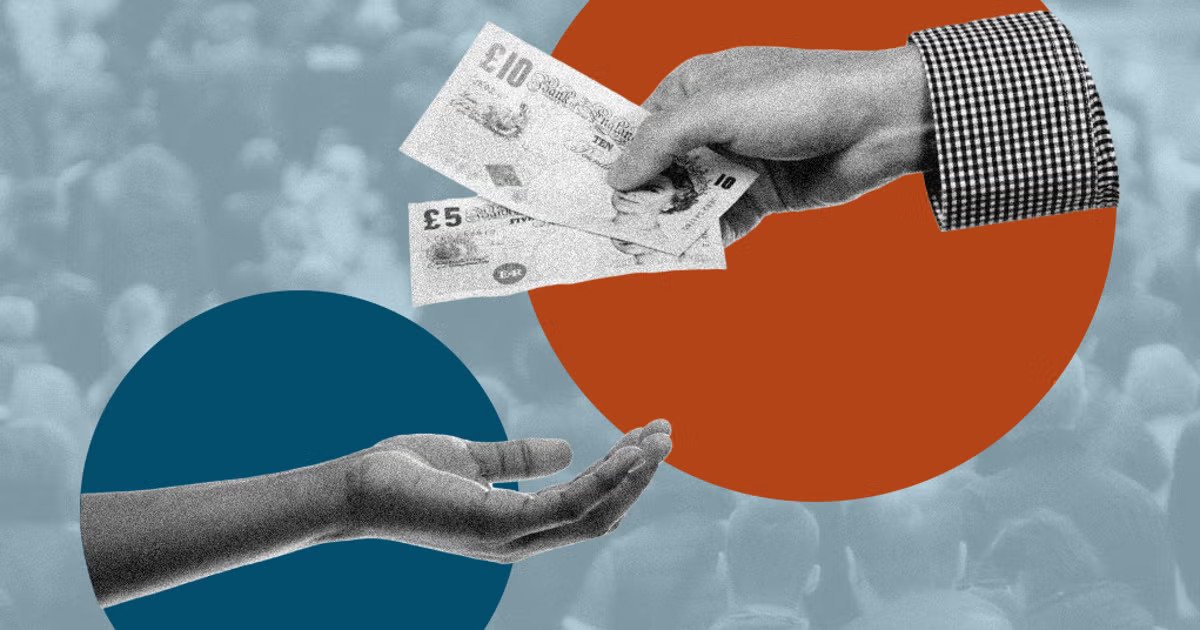At an interaction organised by the Confederation of Indian Industry (CII), the Chief Economic Advisor V Anantha Nageswaran has mentioned that the concept of ‘Universal Basic Income (UBI)’ is not necessary for India since natural economic growth would take care of the country’s many aspirations.
What is Universal Basic Income (UBI)?
- Universal basic income (UBI) is a socio-political financial transfer policy proposal in which all citizens of a given country receive a legally stipulated and equally set financial grant paid by the government.
- A basic income can be implemented nationally, regionally, or locally.
- Universal basic income (UBI) is a government program in which every adult citizen receives a set amount of money regularly.
- The goals of a basic income system are to replace other need-based social programs that potentially require greater bureaucratic involvement.
|
Benefits |
Challenges |
|
|
What are the Arguments in Favour of UBI in India?
- Social Justice: No society can be just or stable if it does not give all members of the society a stake.A Universal Basic Income promotes many of the basic values of a society which respects all individuals as free and equal.
- Administrative Efficiency:A UBI will reduce the burden of financing a plethora of separate government schemes and administrative burden of implementation.
- Employment:UBI is an acknowledgement of the government’s duty to guarantee a minimum living standard (Article 43 of Indian Constitution) is even more urgent in an era of uncertain employment generation.
- Insurance against Shocks: Poor households often face multiple shocks such as bad health, job lossor aggregate shocks such as crop loss, water borne diseases, loss of property and natural disaster.
- The UBI income floorwill provide a safety net against health, income and other shocks.
- Freedom of Choice: A UBI treats beneficiaries as agentsand entrusts citizens with the responsibility of using welfare spending as they see best, this may not be the case with in-kind transfers.




